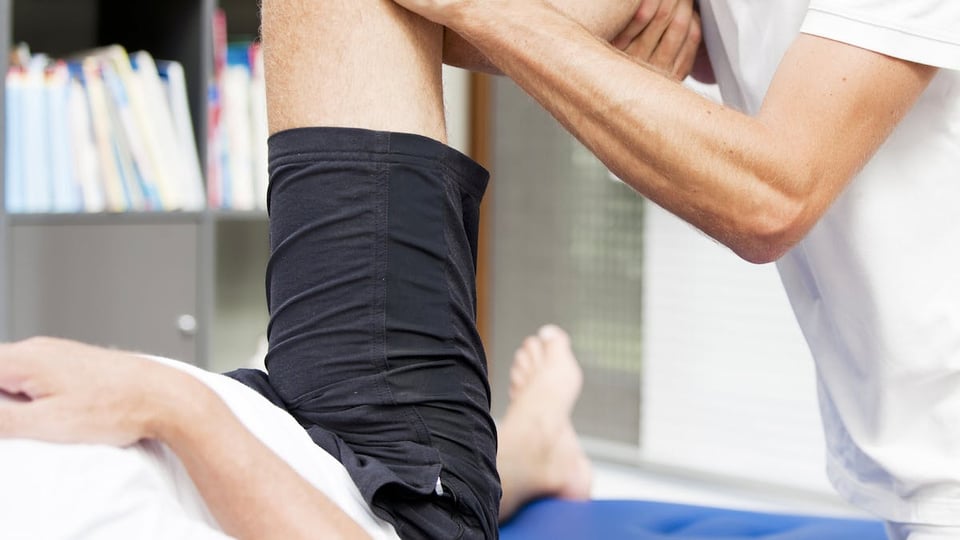Examining Evidence-Based Treatment Options for Common Hip Pathology
Dr. Jeff Rogge, PT, DPT, OCS, FAAOMPT, CMTPT
Includes all course content in digital format
Prerequisites Required
Description
In order to effectively treat a patient presenting with groin pain, we first need to understand what characteristics lead to the initial development of this painful condition. This course will take you through risk factors for development, movement characteristics, objective/subjective findings within this patient population, and how to organize your evaluation. Femoroacetabular impingement syndrome is a complicated, and misunderstood pathology. This course will take you through the associated patient characteristics, evaluation findings, and radiological criteria needed for an accurate diagnosis. Participants will also discuss the current literature regarding both conservative and surgical management of this patient population. At the end of this discussion, participants will understand what the subjective history and special testing can tell us, and what it cannot. Participants will leave this course with a full understanding of how this condition is best managed as a syndrome.
Highlights
- Confidently distinguish between intra-articular and extra- articular hip conditions
- Effective evidence-based treatment interventions based off the latest research
- Hands-on treatments you can use the next day
- Pairing corrective exercise with manual therapy techniques to aid in further recovery
Learning Objectives
- Discuss the pathology of selected hip conditions.
- Determine the difference between intra-articular and extra-articular hip conditions.
- Demonstrate and correct movement faults resulting in hip pain.
- Design appropriate treatment options for selected hip pathology.
Course Content
| Examining Evidence-Based Treatment Options for Common Hip Pathology | SCORM Package | ||
| Next Steps | Module |
- Extra-Articular Hip Pathology
- Areas of concern
- PT management
- Hip OA
- Conservative management
- Hip mobilization/manipulation
- Diet considerations
- Acetabular Labral Tear
- Special test
- PT treatment
- Surgical interventions
- Outcomes
- Femoroacetabular Impingement
- Prevalence
- Adaptations in athletes
- Treatment options
- Syndrome vs anatomy
- Body mechanics/acetabular plane
Dr. Jeff Rogge, PT, DPT, OCS, FAAOMPT, CMTPT is a physical therapist in outpatient orthopedics at the Mayo Clinic. He serves as an Instructor of Physical Therapy at the Mayo Clinic Alix School of Medicine. He serves as Affiliate Faculty at Regis University in the Orthopedic Residency. He completed his Orthopedic Manual Physical Therapy Fellowship through Regis University. He is an Orthopedic Certified Specialist through the American Board of Physical Therapy Specialties and is a certified CMTPT through Myopain Seminars.
Jeff graduated from the University of Mary in 2004 with a master's degree in physical therapy. He later earned his transitional doctorate in physical therapy from the University of Montana. Jeff has worked primarily in outpatient physical therapy with special interests in orthopedic manual therapy, spine symptoms, and chronic pain. Jeff has been actively involved in research in dry needling with failed back syndrome. He has received certification in dry needling through both Kinetacore and Myopain. Jeff is a certified APTA clinical instructor and has been very active in the local chapters of the APTA in both Wyoming acting as President, Vice President, and Membership Chair, as well as the Membership chair of Arizona.
DISCLOSURES
FINANCIAL: Jeffrey Rogge is compensated by Summit as an instructor.
NONFINANCIAL: Jeffrey Rogge has no non-financial relationships to disclose.
Click here to check accreditation for this course.